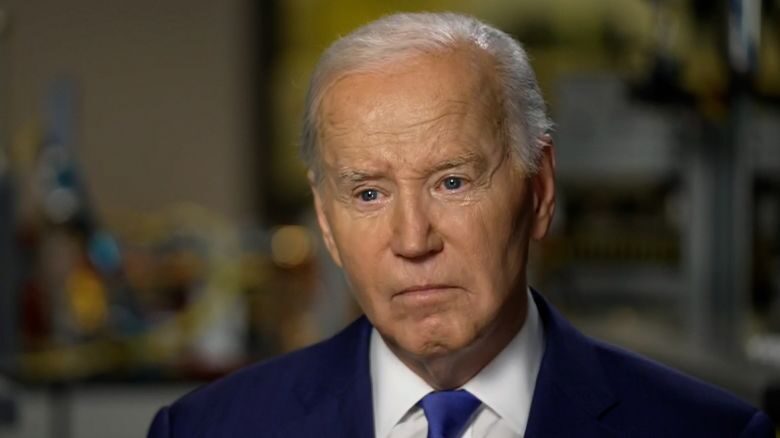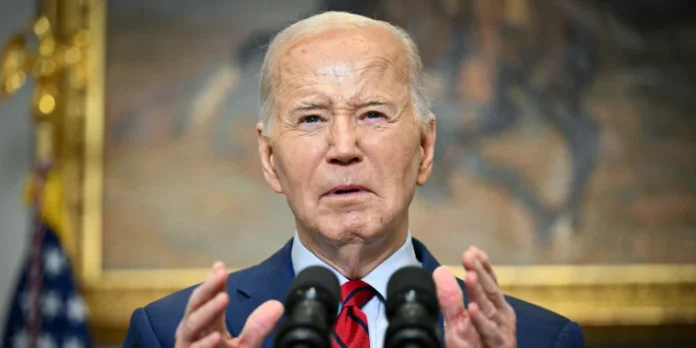US-Israel relations are reaching a critical juncture where even President Joe Biden’s unwavering support for Israel has its limits, particularly when broader US national security interests and moral considerations are at stake. In a recent interview with CNN’s Erin Burnett, Biden indicated he might halt certain weapon shipments to Israel if it proceeds with a ground invasion of Rafah, a city in the Gaza Strip. This statement marks the most direct US attempt to restrain its ally during a security crisis since the Reagan administration, and is the first substantial conditioning of US military assistance since the conflict began.

Biden’s firm stance has intensified his ongoing tension with Israeli Prime Minister Benjamin Netanyahu, causing immediate ripples through US and Israeli politics, as well as global diplomacy. Washington’s concern centers on the potential for severe civilian casualties should Israel launch a full-scale offensive in Rafah, a densely populated city where significant Palestinian casualties are anticipated.
This development has placed Biden in a challenging position as he navigates domestic political pressures amid his re-election campaign. The humanitarian crisis in Gaza has triggered a global outcry, with significant pushback from within Biden’s own Democratic coalition. Republicans have used Biden’s remarks to accuse him of appeasing terrorists, further complicating his political landscape.
Despite US reservations, Netanyahu’s government appears resolute in its determination to eliminate Hamas, which operates within civilian areas like Rafah, where key leaders are believed to be hiding in tunnels. The Israeli leadership views the campaign as crucial to its national security following the October 7 attacks.
Biden’s warning raises several critical questions about the future of US-Israel relations:
- Will this move alter Israel’s military plans in Rafah and influence its broader strategy in Gaza?
- Can Israel proceed with a major offensive without US backing?
- Does Biden’s ultimatum represent a temporary disruption in the US-Israel alliance or signal a more substantial rift?
- How would a large-scale offensive impact efforts to broker a ceasefire and US aspirations for a broader regional agreement involving Israel and Arab states?
- Within the US, how will Biden’s efforts to curb Israeli military action impact his standing among Democrats, and will it influence public opinion as he campaigns for re-election?
Former Israeli Consul General Alon Pinkas described Biden’s confrontation with Netanyahu as one of the lowest points in US-Israel relations, suggesting that the relationship might not fully recover as long as Netanyahu remains in power.
The backlash from Republicans has been swift, with House Speaker Mike Johnson and former President Donald Trump criticizing Biden’s approach. Trump’s comments, in particular, have been incendiary, targeting American Jews who support Biden and suggesting that the president’s stance is detrimental to Israeli security.
Biden’s recent warning represents a critical moment in his presidency, as he attempts to balance his longstanding support for Israel with the evolving complexities of a conflict that has drawn intense scrutiny from around the world. This complex situation presents Biden with a challenging political landscape where each decision carries significant consequences.

